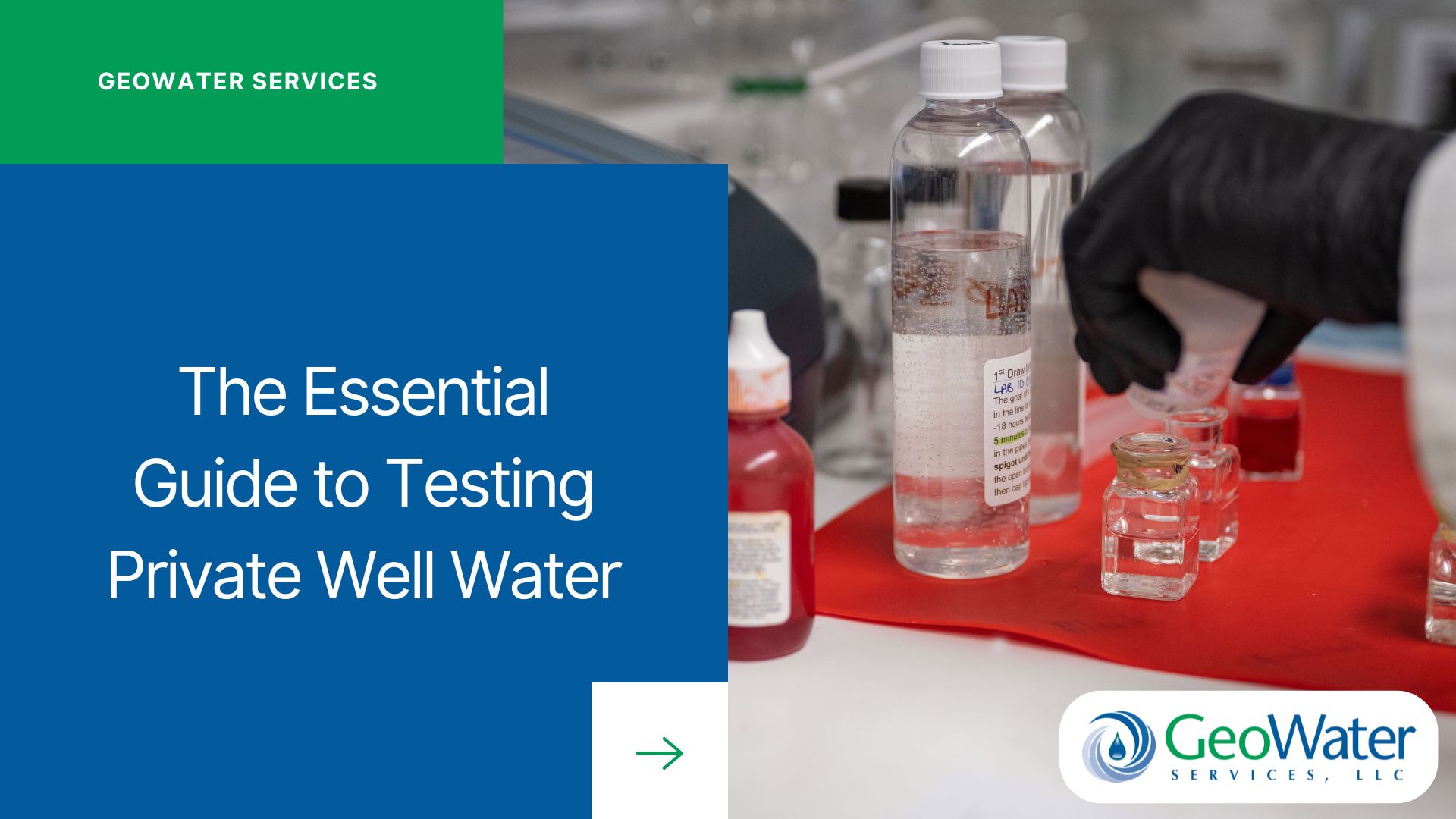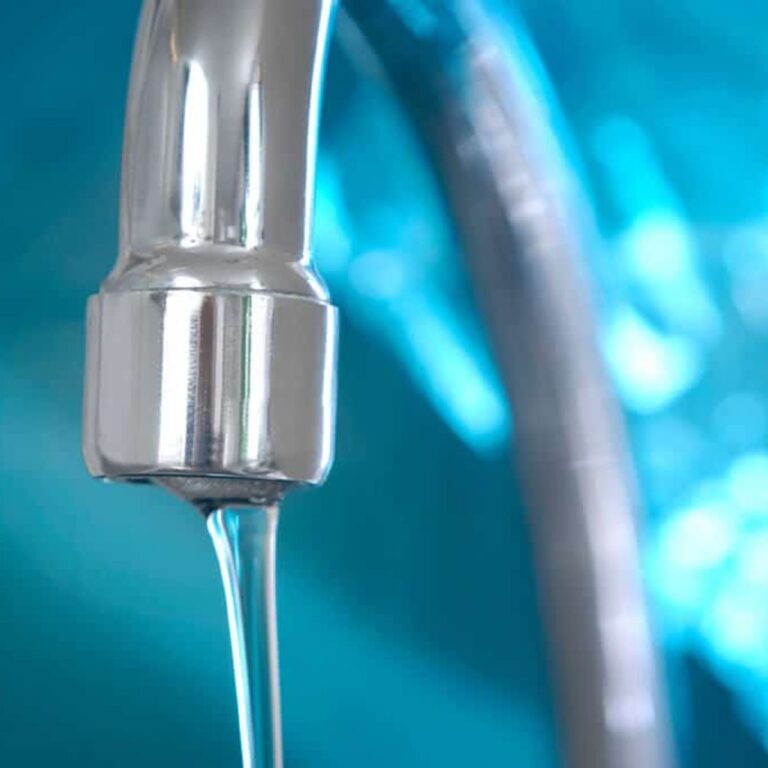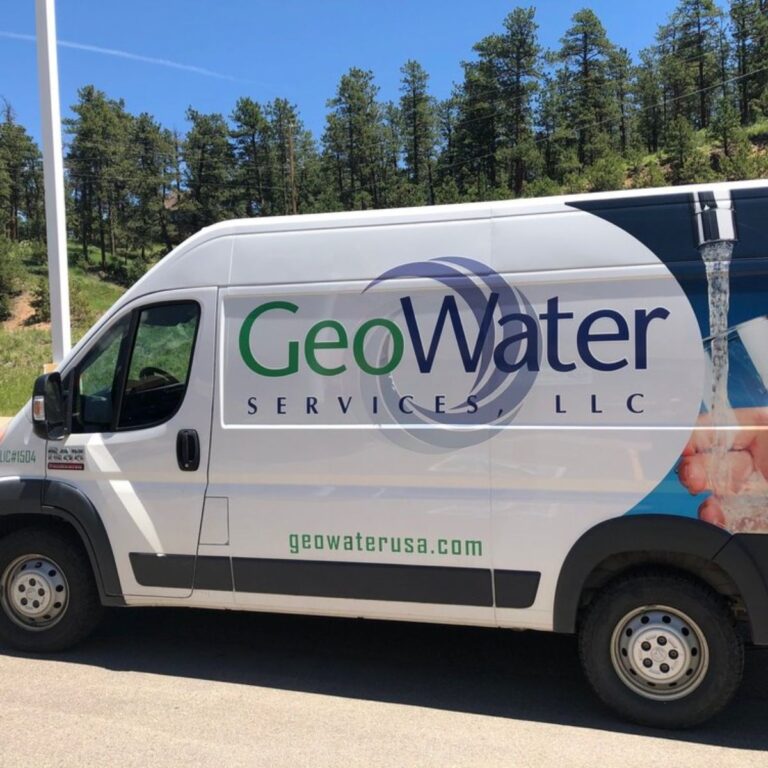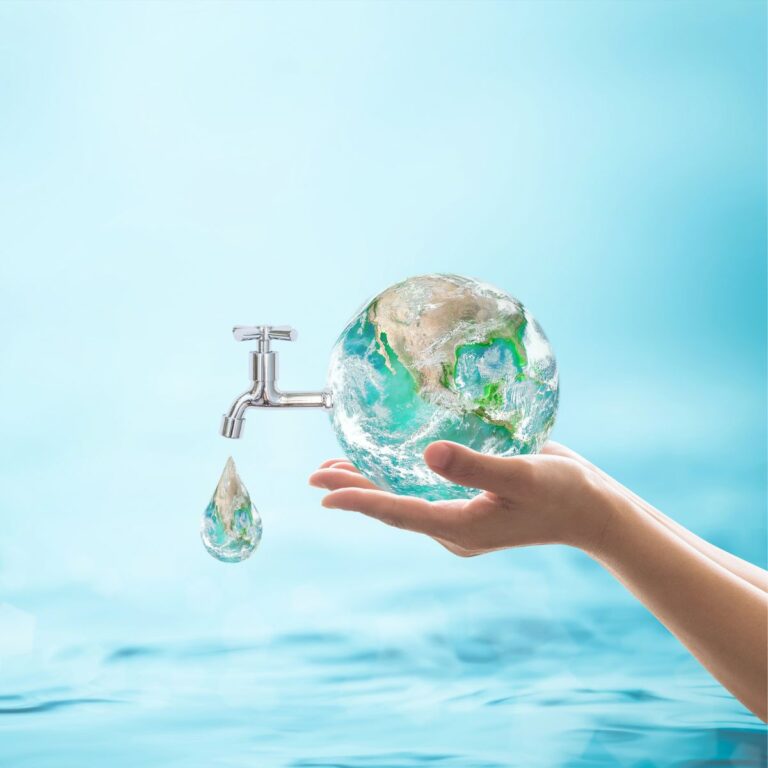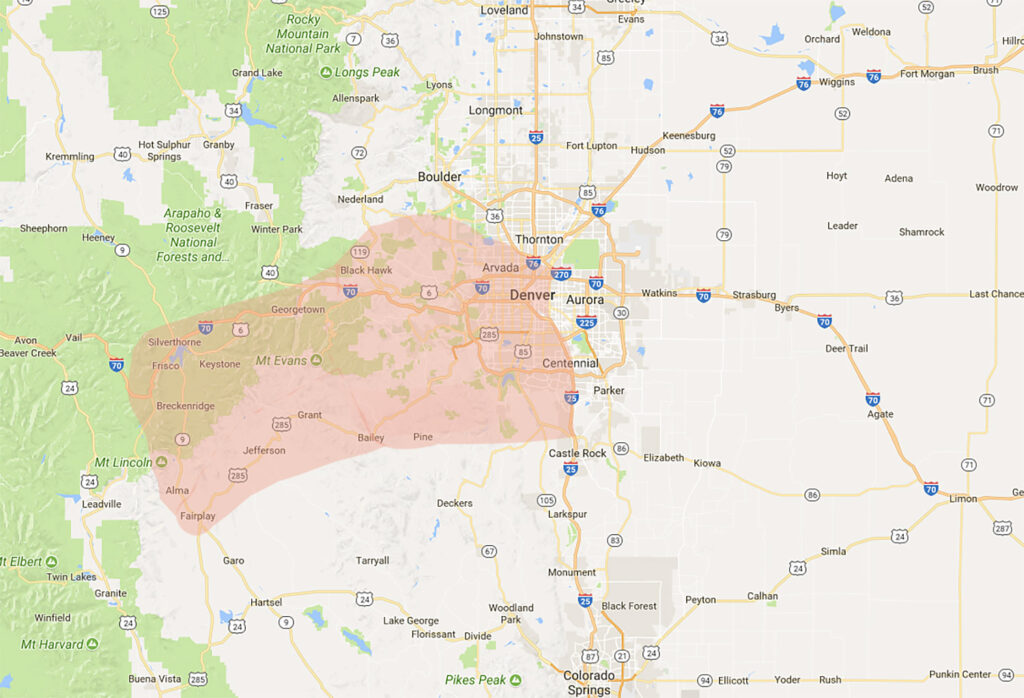The Essential Guide to Testing Private Well Water
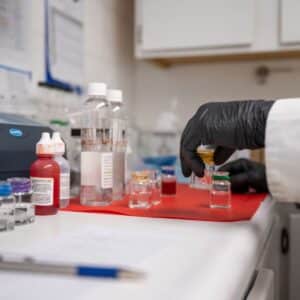
Testing your private well water regularly is a crucial step in maintaining a safe and healthy water supply. Groundwater can become contaminated with a variety of substances, and routine testing is the only way to ensure that your water is safe for consumption.
Here’s a guide to help you navigate the process of testing private well water.
Understanding the Importance of Testing Private Well Water
Testing private well water is essential because there is a wide array of contaminants that can infiltrate your water supply. These include biological pollutants like bacteria, as well as chemical contaminants such as heavy metals, nitrates, and pesticides. Without proper testing, there’s no way to detect these hazards as most are invisible and odorless.
Moreover, the quality of well water can change over time due to various factors such as new construction, mining operations nearby, or changes in the aquifer. Consistent testing ensures that any such changes are swiftly identified and addressed.
Establish a Testing Schedule
The Environmental Protection Agency (EPA) does not regulate private wells. Therefore, well owners are responsible for ensuring that their water is safe. It is recommended to test your water at least once a year for the most common contaminants. Beyond this, specific situations call for more frequent testing:
- If there are known contaminants in your area
- Changes in the taste, odor, or appearance of your well water
- A new well has been constructed or the well system has been repaired
- If there have been instances of gastrointestinal ailments within your household
- If you have a baby in the home, since contaminated water can be particularly harmful to infants
What to Test For
Annually, you should test for bacteria, nitrates, total dissolved solids, and pH levels. Additionally, you should periodically check for substances specific to your region or circumstances, such as:
- Heavy metals like lead, iron, and arsenic
- Industrial chemicals depending on nearby activities
- Radon levels if you’re in an area with high radon concentrations in the groundwater
- Pesticides and herbicides if your well is located near agricultural land
Finding a Certified Laboratory
When it comes to testing a private well water, it’s crucial to use a state-certified laboratory like GeoWater Services. These labs will provide you with sample containers and clear instructions on how to collect the water sample correctly. Precise collection methods ensure that your test results are accurate.
Interpreting Test Results
Once you receive your test results, it might be challenging to understand what they mean for the safety of your water supply. The laboratory should provide you with the standards for safe water levels alongside your results. Should any contaminants be present above safe levels, it’s vital to take appropriate action immediately.
Taking Action on Water Quality Issues
If your test results show contamination, don’t panic. Many water quality issues can be resolved effectively. Solutions might include:
- Disinfecting the well and water system
- Installing a water treatment system
- Addressing the source of the contamination, if possible
Conclusion
Remember, testing a private well water is a crucial step in safeguarding your health and that of your family. In addition to annual testing, keep an eye out for changes in your water and don’t hesitate to test it more frequently if necessary. Ensuring your water supply is clean and safe is an ongoing commitment that pays off in ensuring peace of mind and a healthy life.
GeoWater Services is committed to assisting you in every step of your well water testing needs. With our dedicated team and comprehensive services, we offer the expertise and support you need to maintain a pure and secure water supply.
Contact GeoWater Services today to find out how we can help you keep your well water clean and safe for consumption. We proudly serve the Colorado Mountain Communities, Denver Metro Area, and Colorado Front Range.

